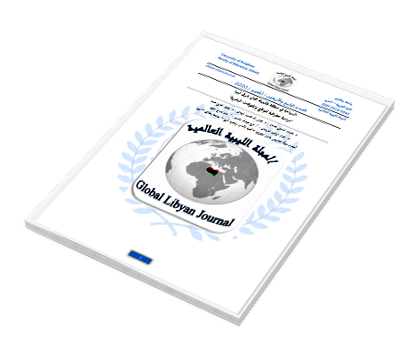Translating Riddles
DOI:
https://doi.org/10.37376/glj.vi49.1467Keywords:
Riddle, Riddler, Riddlee, Enigma, conundrum, puzzle, mystery, folkloreAbstract
Our world is mixture of different nations and each nation has its own language and culture. Culture is the set of beliefs which governs the behaviour patterns of a society and differs from one society to another. Culture have a great influence on translation especially when it concerns cultural –bound expressions such as wisdoms, proverbs, jokes and riddles.
Riddles as a unique genre has such a long tradition, both oral and written. Different types of riddles have continued to interest people throughout time, because they take them into unknown adventure that either brings delight, amusement and gratification at discovering the right answer, or bewilderment, vexation and frustration when fail to guess the answer. Riddles often include an exchange of words and unexpected answers in order to mislead the riddlee.
This paper tries to provide the reader with a historical background about the riddles. It tries to shed light on the essence of riddle, its definition and its types and possibility of translating riddles from English to Arabic as well as the difficulties a translator may face when they translate riddles. The researcher has chosen a number of riddles. He will try to translate them to Arabic language in a way that suits the Arabic culture and then he will discuss his translations and determines the problems and difficulties that may arise and propose the suggested solutions.
Downloads





